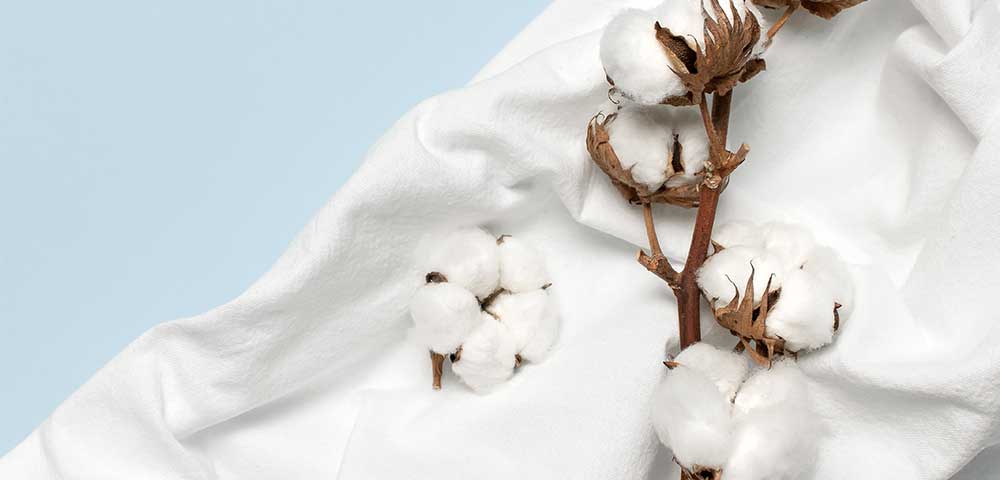There is no doubt that the discussion about sustainable action in the economy and society, and ultimately about responsibility, has gained in intensity internationally. The International Cotton Conference, taking place in Bremen from 21st to 23rd March under the motto ‘Cotton Insights’, takes this up systematically. As part of a session with top-level speakers, which will take place on Thursday March 22nd, current results of sustainable economic activity will be presented using the example of cotton and textile production.
The expression is on everyone’s lips, but what exactly does sustainability mean? The western European consumer probably has a completely different idea of it than the farmer from Chad. Here, numbers, data and facts can help and taking global conditions and regional factors into consideration, sustainability can certainly be measured.
Dr. Jürgen Jansen, who will moderate the discussion in his capacity as Head of the Secretariat of the German Partnership for Sustainable Textiles, will introduce the topic and define the key points using the example of the Textile Partnership.
Allan Williams, R & D Manager, Cotton Research & Development Corporation (CRDC), Australia, emphasises in his presentation the need to measure progress in sustainable cotton production using objective, internationally recognised methods. He makes it clear, however, that there is far more to successful implementation than just measuring. You also have to act.
Dr. Jesse Daystar, Vice President Cotton Incorporated USA and Head of Sustainability, presents the latest Life Cycle Assessment results covering the lifecycle of fibres and textiles through to end consumers. For example, the energy and water consumption of each stage of production and use are also measured in relation to the useful life, which shows differentiated solutions.
In 2016, the OECD and FAO developed a guideline to help companies comply with standards for responsible business practices. Does this help cotton production? Are the suggestions even current, or outdated? Simon Ferrigno, owner of the consulting company Sustainable & Organic Farm Systems, UK, asks these questions.
Eddie Jernigan, Jernigan Global, USA, makes clear in his speech that the era of cheap polyester is coming to an end in China. The impact on the environment and its control are gaining in importance at the political level. He criticises that until now there has been a global failure to keep an eye on the environmental impact of chemical fibre production.
Dr. Richard A. Venditti, a professor at North Carolina State University, USA, explains the impact of the release of different types of microfibres from household laundry on bodies of water and the state of biodegradability.
Further topics of the Conference, which shed light on the entire world of cotton, are sustainability, cotton quality, seed breeding, digitalisation, research and textile processes.
NEW: In the run-up to the International Cotton Conference, on March 20th, the sustainability conference ‘SUSTAIN’, organised by the ‘Weser-Kurier’ daily newspaper in cooperation with the Bremen Cotton Exchange, will take place from 10 am to 5.30 pm in the Festival Hall of the Bremen Parliament. The subject of the first event is ‘Future Africa’.
More information at: www.cotton-conference-bremen.de

